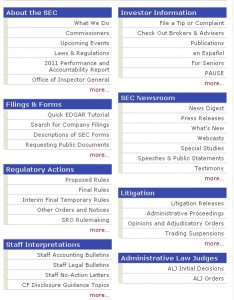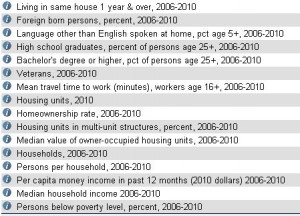Part of a series on how databases can add value to daily news stories.
We’re coming up on the time when non-profits and charities have to file their 990 reports to the IRS, giving basic financial information, salaries of top employees, and an overview of their missions. You can find great tidbits in these reports. They can give you background on a new organization. Or you can compare the costs and expenditures of similar groups to each other The required forms are due May 15 for those non-profits who run on a calendar year, so start your plans!
 A non-profit is required to show you a copy at its main headquarters. You can also get one, and past years’ copies, free online at Guidestar. It posts them within two months of filing.
A non-profit is required to show you a copy at its main headquarters. You can also get one, and past years’ copies, free online at Guidestar. It posts them within two months of filing.
Guidestar gets the forms from the IRS and the organizations themselves. Its database contains more than five million forms!
Just like with income taxes, the non-profits can get an extension until Aug. 15 or even Nov. 15. For those operating on another fiscal year it is, according to Guidestar, due by the 15th day of the fifth month after its fiscal year ends. So for example, a charity that operates on a July -June fiscal year, must produce one by Nov. 15. You might want to put a ticker on your calendar.








